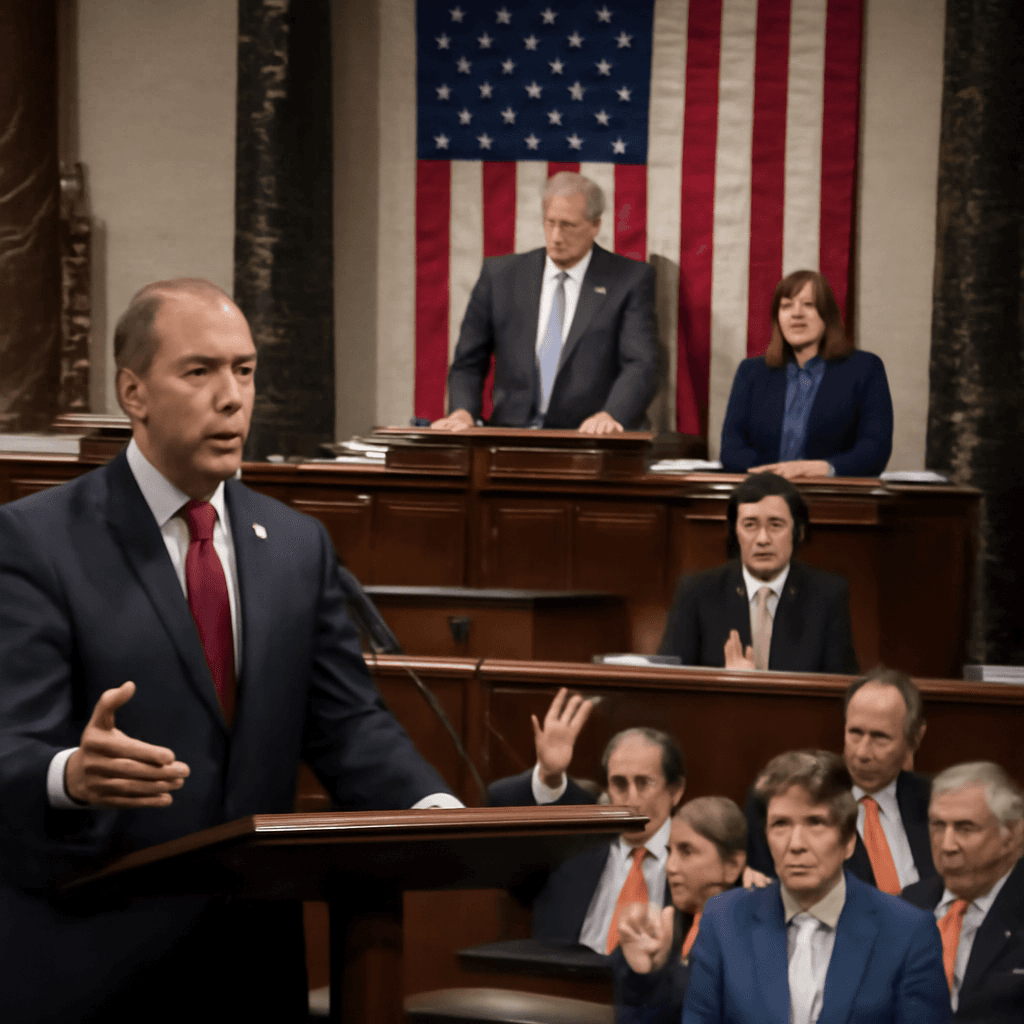Senator Ron Johnson Stands Firm Against Trump’s Budget Bill
Senator Ron Johnson of Wisconsin remains unconvinced by President Donald Trump’s latest budget proposal, despite a direct meeting with the former president. Johnson received the latest version of the sweeping $4.5 trillion bill just past 1 a.m. and expressed deep reservations about its potential impact on the nation’s already soaring debt, which exceeds $30 trillion.
Addressing concerns during a Saturday interview, Johnson emphasized his desire to return spending deficit levels to pre-pandemic figures rather than accepting the current trajectory as the new norm. "I just can’t accept this is the new normal," Johnson said, criticizing the bill for inadequately addressing long-term fiscal responsibility.
He declined to support a procedural vote to advance the bill to the Senate floor without thorough examination and full scoring of its 300 provisions, calling on his Republican colleagues to avoid repeating past mistakes of passing major legislation without full transparency. "We shouldn’t take the Nancy Pelosi approach of passing a bill to find out what’s in it," Johnson warned.
Procedural Vote Narrowly Passed Amid Intense Negotiations
Saturday night’s procedural vote to bring the budget bill to the Senate floor passed by a tight 51-49 margin after several hours of intense behind-the-scenes discussions. Senators Thom Tillis (NC), Rand Paul (KY), and initially Ron Johnson opposed advancing the bill due to concerns over spending levels and Medicaid cuts.
Johnson eventually flipped his "no" vote following leadership assurances to support significant Medicaid amendments targeting cuts to coverage for able-bodied, working-age adults without children or disabilities. This amendment is expected to save roughly $200 billion over ten years by adjusting federal matching rates, which critics argue currently prioritize able-bodied adults over vulnerable groups like children and the disabled.
Other senators, such as Rick Scott (FL), Cynthia Lummis (WY), and Mike Lee (UT), were the last holdouts but ultimately voted in favor after additional negotiations.
Senate Prepares for Lengthy Debate and Vote-a-Rama Sessions
With Democrats firmly opposed and pledging to delay proceedings by forcing the bill’s entire 940-page substitute amendment to be read aloud over an estimated 15 hours, Senate leaders anticipate a lengthy and contentious floor battle. This will be followed by up to 20 hours of debate and a vote-a-rama session, where an unlimited number of amendments can be considered—often stretching into a marathon all-night ordeal.
The legislative package extends the 2017 tax cuts signed by President Trump and introduces new tax breaks aimed at working Americans. It also allocates approximately $320 billion in additional funding for defense, immigration enforcement, and border security, while implementing deep cuts to social safety net programs including Medicaid and food stamps.
However, fiscal conservatives remain concerned that the bill’s spending cuts are insufficient to significantly slow the country’s growing debt. Initial estimates place the bill’s ten-year cost at around $3.25 trillion after accounting for cuts, exceeding the House GOP’s threshold for deficit growth.
Key Points of Contention: Medicaid Cuts and Land Sales
Medicaid remains a flashpoint, with estimates suggesting nearly 12 million people could lose coverage under the Senate’s current proposal. Senator Johnson and others have pushed for amendments to ensure that cuts target areas that better align with priorities, such as focusing on working-age adults without dependents rather than disabled children.
Another source of controversy was a provision backed by Senator Mike Lee to sell federal land to encourage affordable housing. This faced strong opposition within the Republican caucus and was eventually withdrawn due to procedural challenges and internal resistance.
Looking Ahead: Uncertainty Looms as July 4 Deadline Approaches
Despite the legislative push, key senators like Ron Johnson refuse to commit to final support without assurances of stronger fiscal discipline and transparency. Johnson advocates for a comprehensive budget review process that includes both houses of Congress and the Office of Management and Budget to ensure sustainable spending levels.
President Trump has urged swift passage to deliver on campaign promises, calling the bill "phenomenal" and criticizing those who hesitate as engaging in "grandstanding." As the July 4 self-imposed deadline approaches, the Senate faces an uphill battle balancing internal divisions with mounting pressure to pass a landmark but contentious budget package.
Summary of Senator Johnson’s Concerns
- Received latest bill copy early Saturday morning—around 1:23 a.m.
- Calls for spending deficit reduction back to pre-pandemic norms.
- Opposes rushing bill without full scoring and scrutiny of provisions.
- Supports Medicaid amendments targeting working-age, childless adults.
- Demands thorough debate to decide which provisions to keep or remove.
- Advocates for balanced budget review involving Congress and OMB.
- Reflects worries that current bill will add substantially to national debt.
As the Senate embarks on extended debate sessions and vote marathons, all eyes remain fixed on whether the frayed Republican coalition can unite behind a bill that seeks to reshape the nation’s fiscal landscape amid rising partisan tension.



















